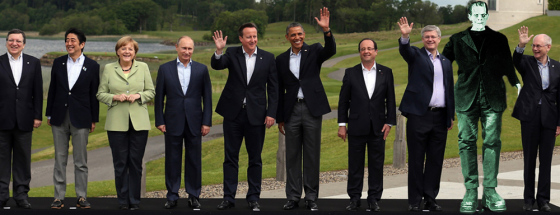
In the current issue of Governance, Kim Lane Scheppele of Princeton University criticizes the use of checklists that are intended to determine whether countries are respecting the rule of law. The problem with checklists, Scheppele says, is that they overlook the malignant effects that can follow when “perfectly legal and reasonable constitutional components are stitched together.” The result is the Frankenstate: a monster created because of unexpected interaction effects. “A Frankenstate pioneer,” Scheppele explains, “is the Hungarian government led by Prime Minister Victor Orbán and his Fidesz political party.” The alternative to simplistic checklists is forensic legal analysis, which anticipates how a constitutional order will work in practice. Free access to the commentary.
Like this:
Like Loading...
Related
How to avoid a Frankenstate: Don’t use checklists
In the current issue of Governance, Kim Lane Scheppele of Princeton University criticizes the use of checklists that are intended to determine whether countries are respecting the rule of law. The problem with checklists, Scheppele says, is that they overlook the malignant effects that can follow when “perfectly legal and reasonable constitutional components are stitched together.” The result is the Frankenstate: a monster created because of unexpected interaction effects. “A Frankenstate pioneer,” Scheppele explains, “is the Hungarian government led by Prime Minister Victor Orbán and his Fidesz political party.” The alternative to simplistic checklists is forensic legal analysis, which anticipates how a constitutional order will work in practice. Free access to the commentary.
Share this:
Like this:
Related
Written by Governance
September 23, 2013 at 6:00 am
Posted in commentary